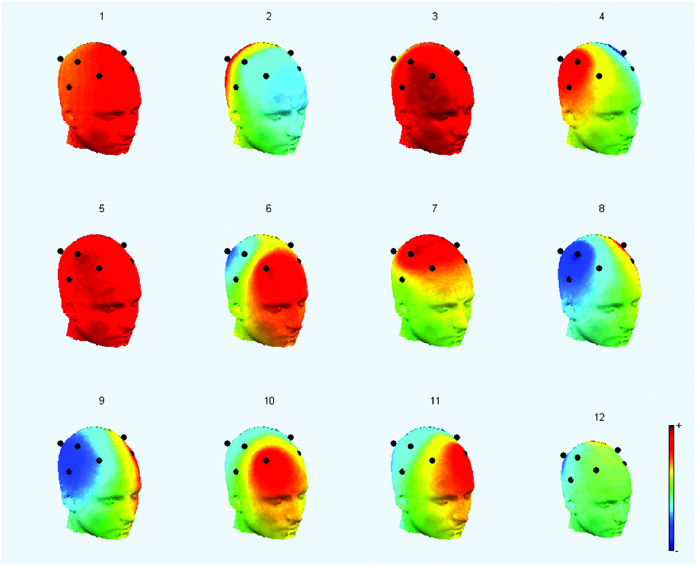Todd Coleman
 Systems Engineering Principles for the Design of Brain-Machine Interfaces
Systems Engineering Principles for the Design of Brain-Machine Interfaces
A brain-machine interface system enables a direct communication pathway between the brain and an external device. In general terms, a BMI system comprises a human and an apparatus such as a computer display or robotic arm. During his Center appointment, Professor Coleman will undertake several projects in this area.
He plans to develop and apply techniques that combine experimental and cognitive neurobiological principles, bioengineering, materials science engineering, and mathematical formulations of feedback information theory and stochastic control. The end result will be a first-principles paradigm with wide application for the design of BMIs, including rehabilitation, recovery of lost function, and human-computer interaction.
One approach he will pursue is a general-purpose design methodology that treats a brain-machine interface as two agents (the user and the interface) that are cooperating to achieve a common goal. The interface observes neural signals that are noisy reflections of intent, and it provides feedback to the user through its actions. The user takes this feedback and combines it with high-level intent to provide a subsequent desired command. This viewpoint enables new design principles from feedback information theory and decentralized control that ensure that subsequent desired commands are maximally informative.
He will also collaborate on the design of a wearable EEG cap that uses a flexible, foldable substrate with a local amplifier and signal processor to improve the sensing of brain signals. This careful wedding of electrical and computer engineering with advances in chemistry and materials science is expected to have additional application for military and sports, to detect brain injuries and neurological disorders.
